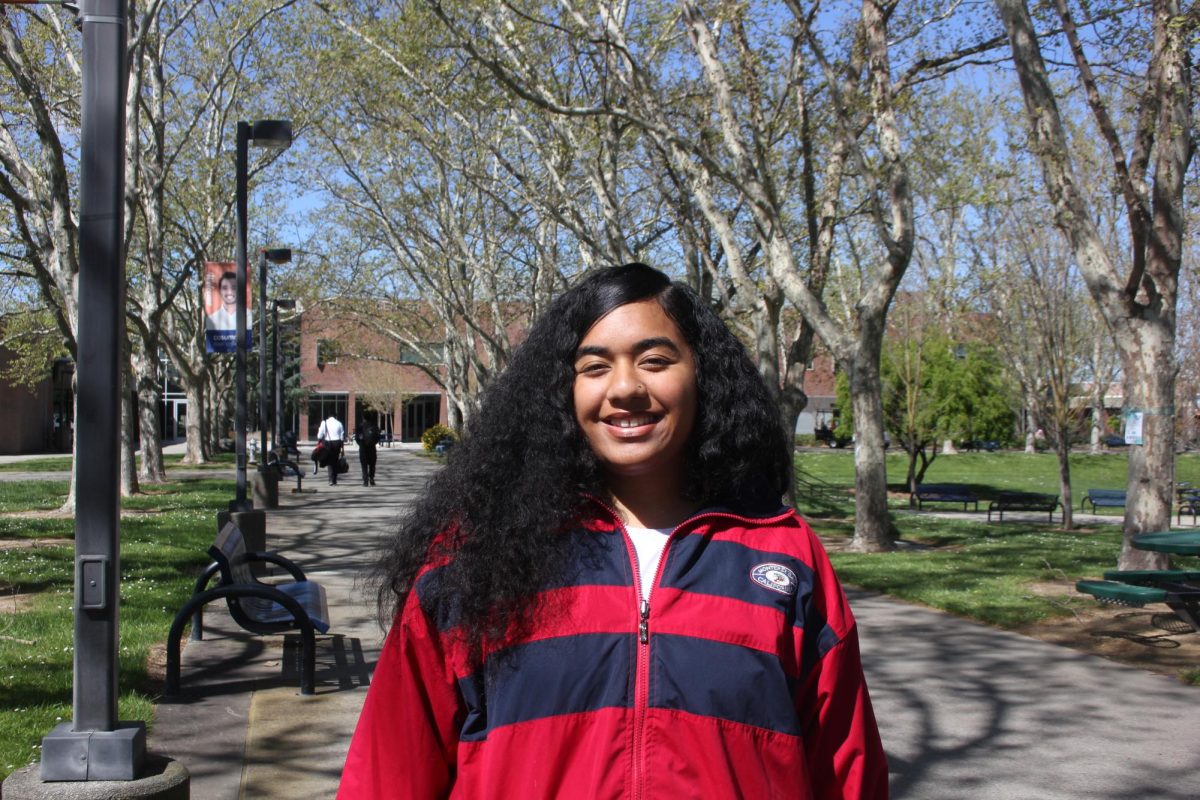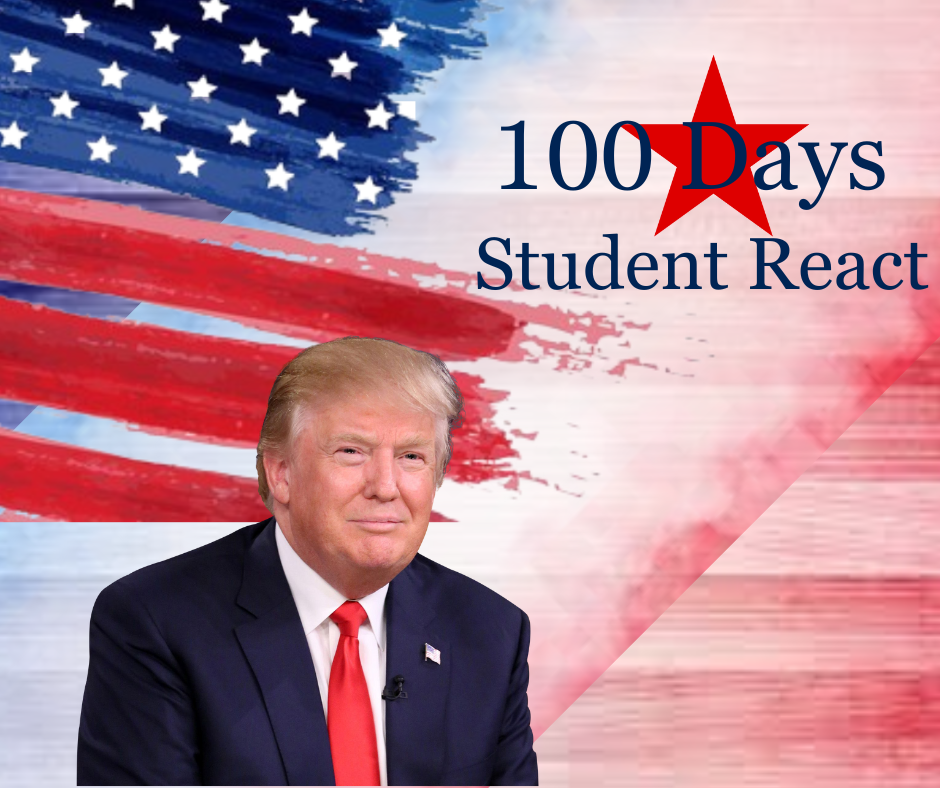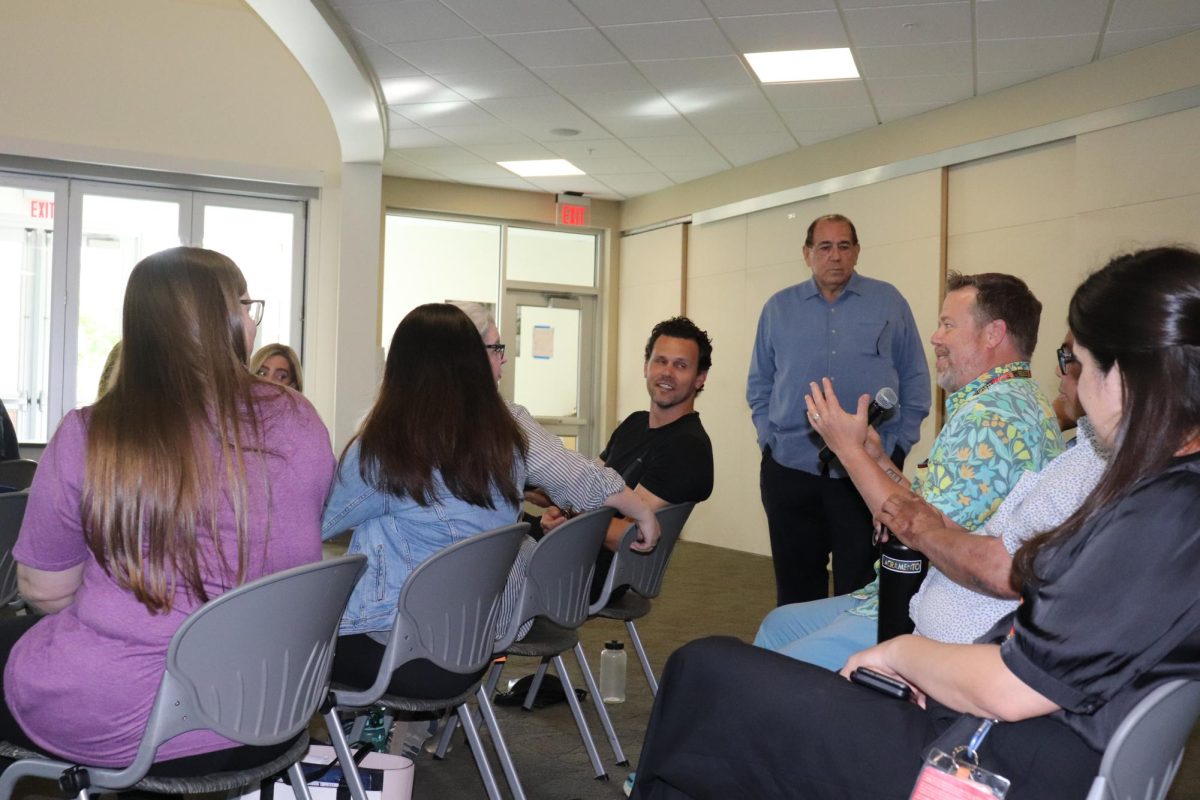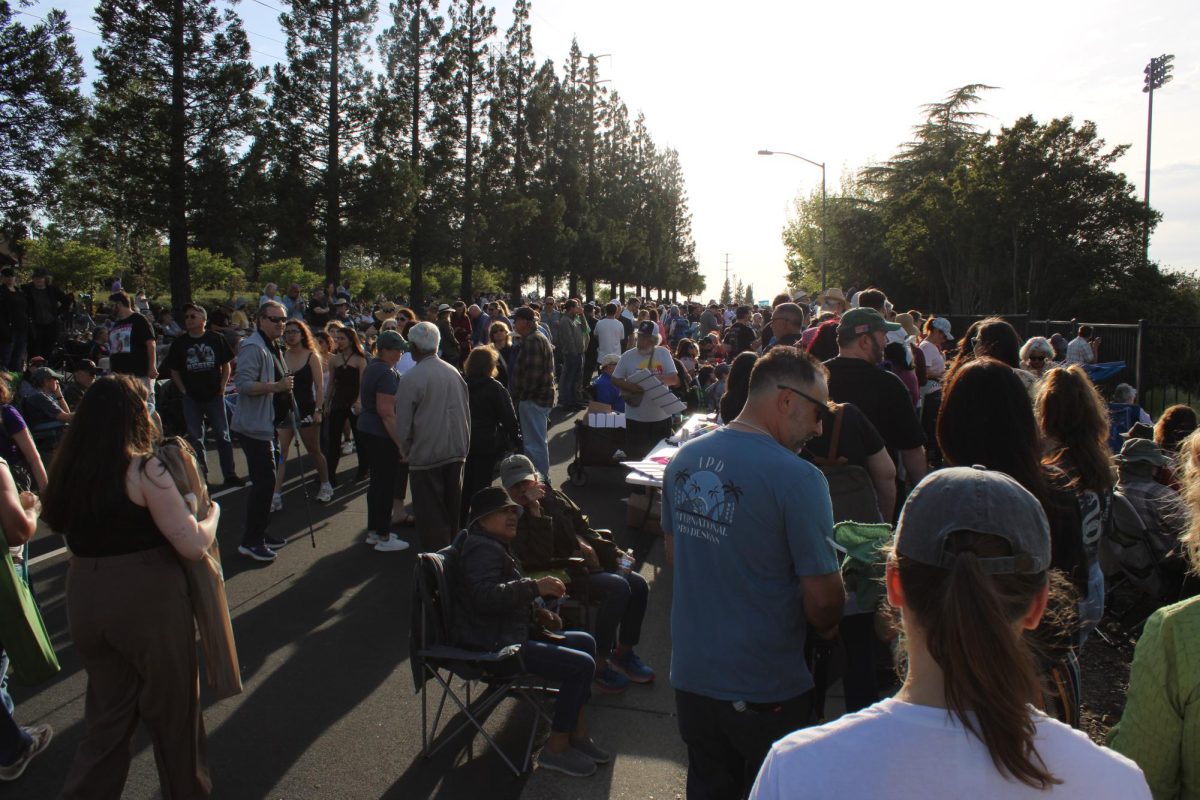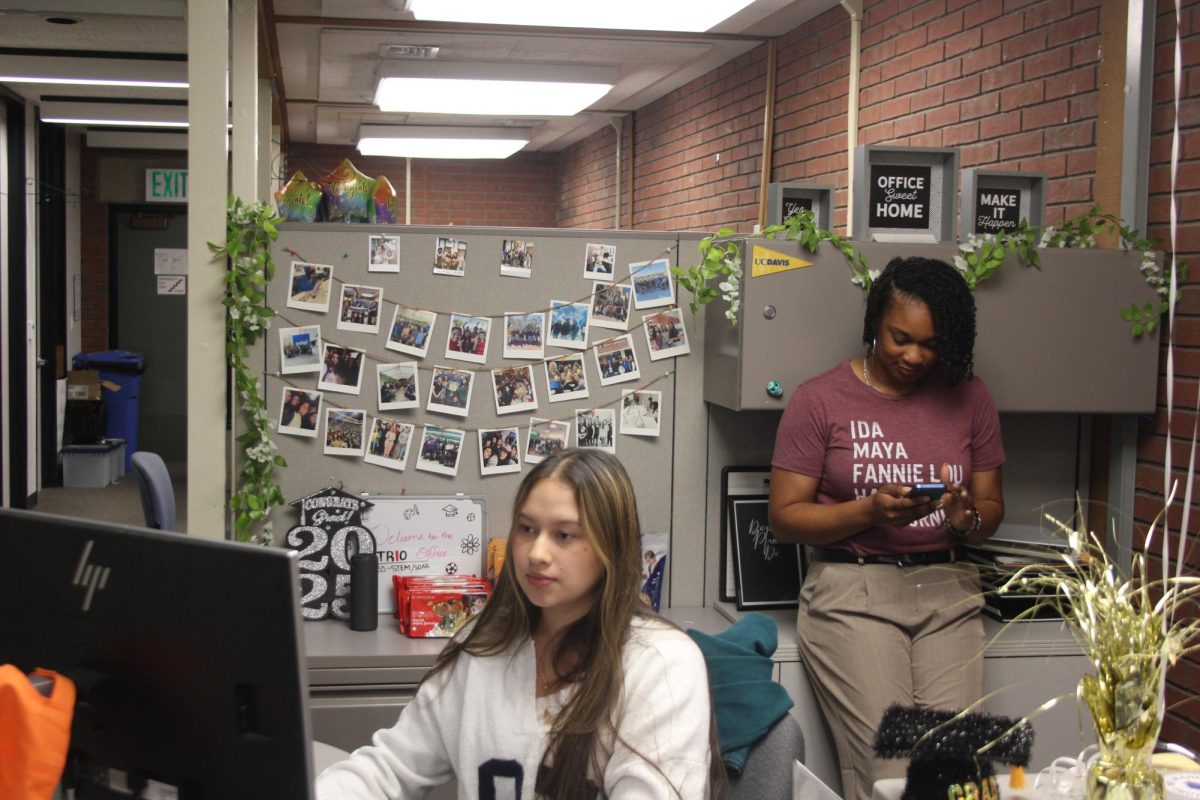Ties between the economy, agriculture and food are center of OneBook lecture
November 11, 2013
Students were all ears as the OneBook lecture on the correlation between the economy and environment was delivered in Cosumnes River College’s Recital Hall on Nov. 7.
Hosted by CRC economics professor Dr. Edwin E. Fagin, the lecture, titled “Agriculture, the Environment, and Us,” informed students of the issues associated with agriculture, food and our economy. Many of these issues included the size of our population, availability of food and pollution of the environment.
“No issue is ever easy to solve, it’s multidimensional,” Fagin said. “I can give you the story and intuition of it, but I will also give you the theory behind why we say these things.”
One of the glaring issues with our economy today is that we have unlimited wants and limited resources, Fagin said. The presentation showed that an increase in our income leads to an increase in our demand for goods.
“We want to think about how long an economic system can function within its broader system of the environment, and how we can extend the life of the economy,” Fagin said.
A big issue that Fagin tackled was how agriculture and the production of food leads to the pollution of the environment.
“Agriculture is a huge contributor to pollution,” Fagin said. “Cutting down trees for land emits carbon dioxide and pollutes the air, an example of an externality.”
Other issues discussed were salinity, pesticide resistance, genetically modified crops, energy use and irrigation.
During the question and answer portion of the lecture, Fagin was asked of some of the implications that come with using corn as such a huge ingredient in food production.
“There’s a very high risk of something catastrophic happening,” Fagin said. “Pests can get into that crop and destroy all of it.”
Julio Muniz, a 23-year-old international relations and economics major, gave his opinion on the lecture.
“I learned a lot on how there’s inefficiency in the production of our food,” Muniz said. “However, I would have liked to hear more about probable solutions to the issues than just the economics to it.”
Brandon Hall, a 21-year-old philosophy major, enjoyed the lecture and said that it was very informing.
“He gave us a fair start on how to consider and resolve these types of problems,”
Hall said. “It’s very complicated and challenging, but fun nonetheless.”
Humanities professor and ad hoc coordinator Maureen Moore discussed what set Fagin’s lecture apart from other OneBook lectures she has seen.
“His expertise is an important contribution to the conversation of food and the environment,” Moore said. “He is a great public speaker, he has a great personality and he’s very down-to-earth and interesting.”

